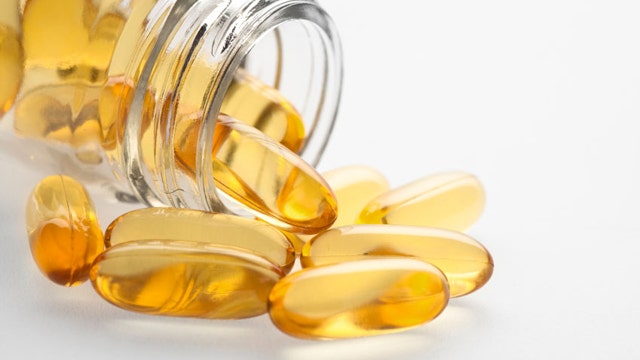There is no secret to flawless skin, but knowing what your skin needs and how to obtain it will work in your favor.
There are lots of different vitamins and proteins that are beneficial for your skin, but they are not all found in expensive serums or creams.
Some important things for your skin can be found in the food that you eat or are produced naturally in your body.
SKINCARE 101: A BEGINNER'S GUIDE TO ACHIEVABLE SKINCARE ROUTINE
Although you may want to look into purchasing products for healthy skin, take some time to learn more about hyaluronic acid, retinol, collagen and vitamin C before walking out of the store with a bag full of moisturizer, face masks and serums.
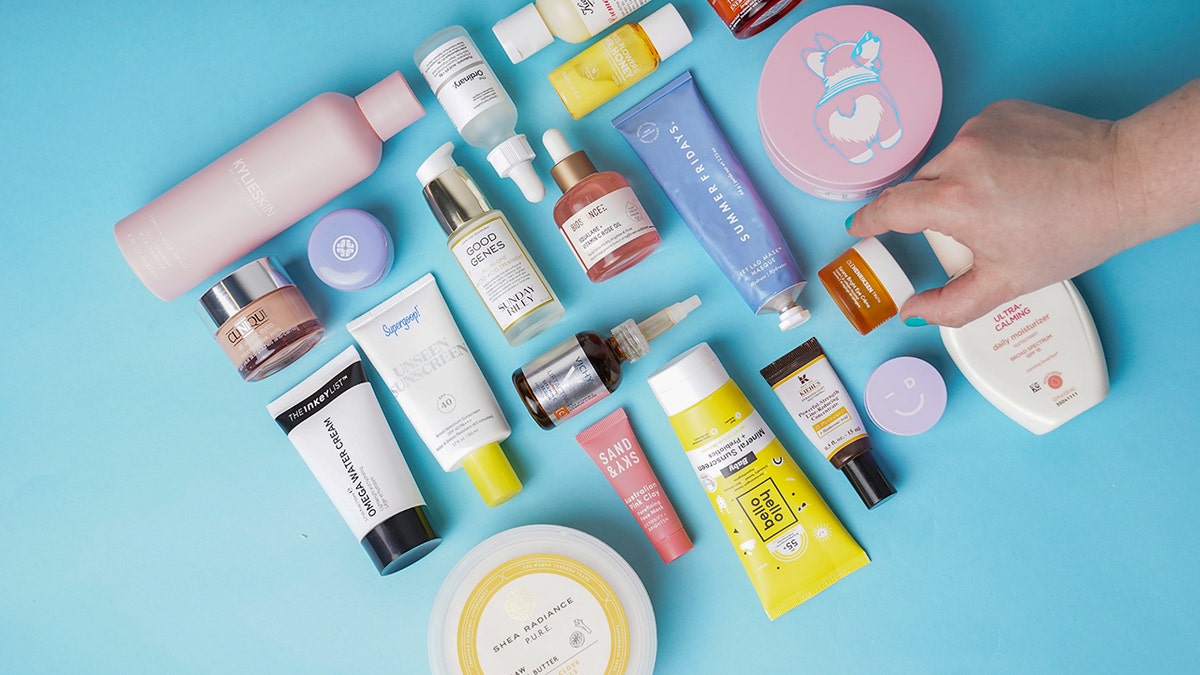
Lots of skincare products have vitamin C, retinol and hyaluronic acid in them. (Carolyn Van Houten/The Washington Post via Getty Images)
- Hyaluronic acid
- Retinol
- Collagen
- Vitamin C
1. Hyaluronic acid
Hyaluronic acid is a glycosaminoglycan that helps increase the moisture content of your skin, according to Healthline.
It has a lot of anti-aging properties, such as reducing wrinkles and giving your skin structure, according to the source. Hyaluronic acid also can help treat eczema and treat redness in the face, the source reports.
SKIN CARE SECRETS: DERMATOLOGIST REVEALS BEST WAYS TO KEEP SKIN LOOKING AGELESS
This is something that the body naturally produces, but it is also used in many different skincare products, mainly serums, if you feel like you want an extra boost.
2. Retinol
Retinol is a form of vitamin A that can be applied directly to the skin, according to Medical News Today.
It often comes in the form of liquid serum, gel or cream.
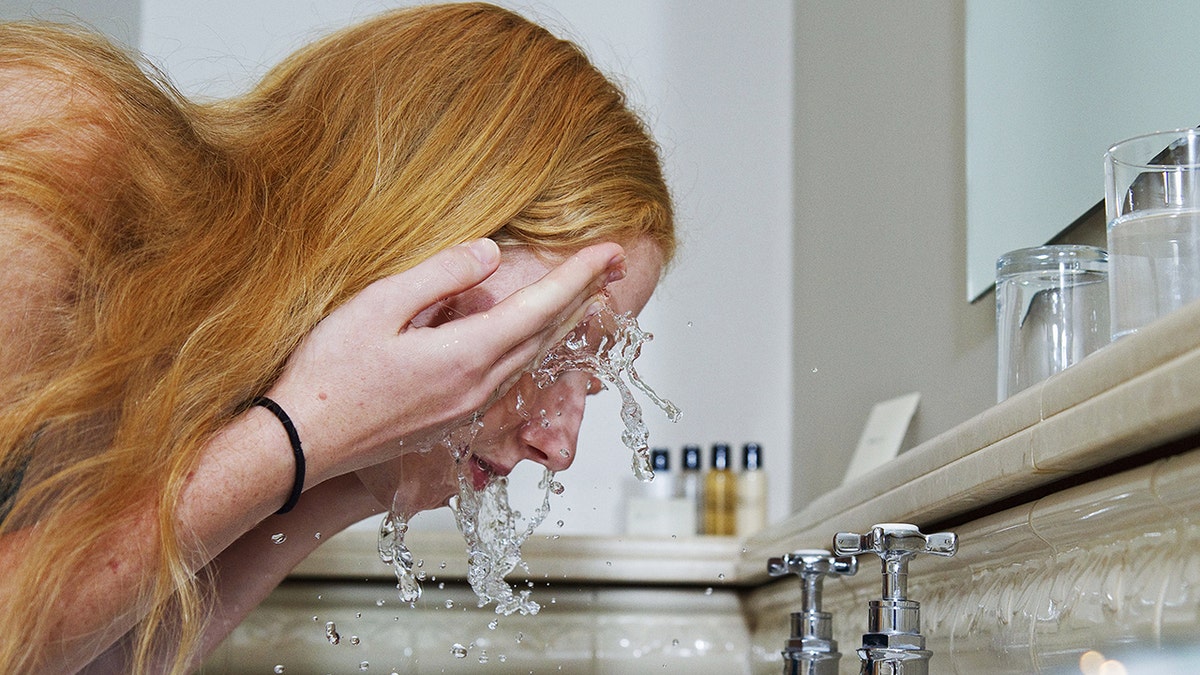
One vital step in proper skincare is simply keeping the skin clean. (Universal Images Group via Getty Images)
Retinol is often used to treat acne and can make the skin look brighter.
Like hyaluronic acid, retinol also has anti-aging properties, according the source.
3. Collagen
Collagen is a word often heard in the beauty world, and it has been widely advertised to improve hair, skin and nails in supplement form.
When collagen first hit the market, it was often in skin creams and serums, but dermatologists questioned the validity of the body getting collagen through these methods since the protein is not found in the skin’s surface, according to Harvard University.
Then oral pills became the way to go, although there isn’t a lot of research on these supplements.
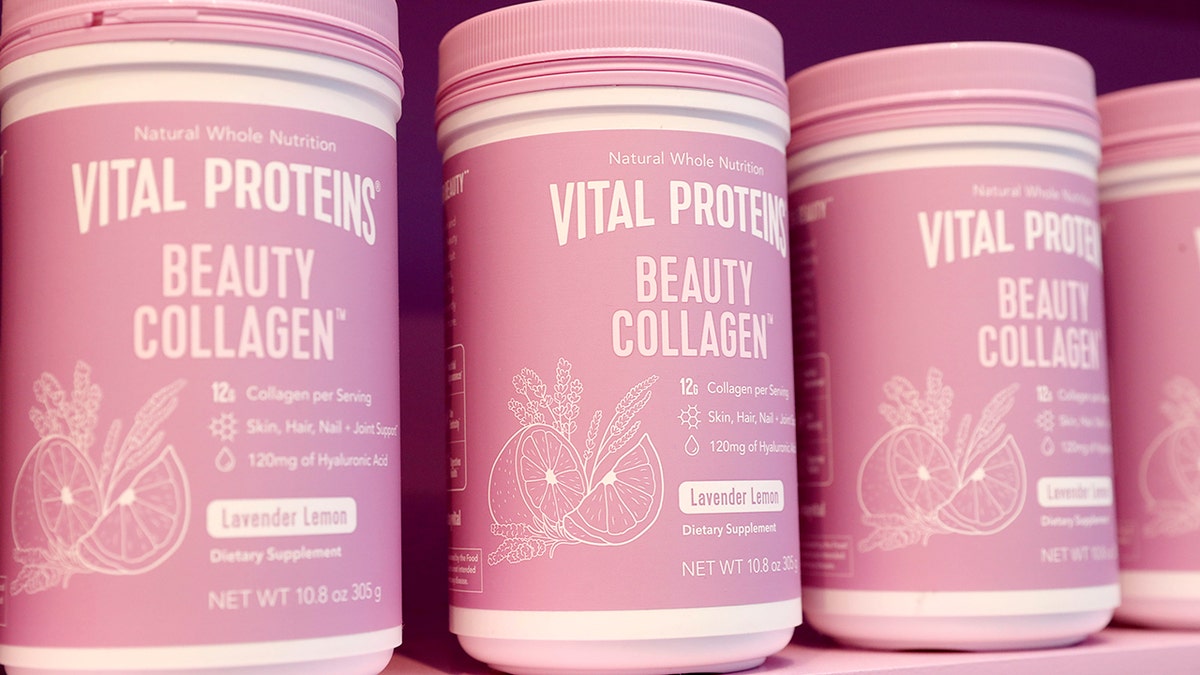
Collagen often comes in supplement form, although it's produced in the body. (JP Yim/Getty Images for Vital Proteins)
Collagen is the most abundant protein in the body, according to Harvard University, and there are lots of ways to get it without the supplements.
CLICK HERE TO SIGN UP FOR OUR LIFESTYLE NEWSLETTER
One important factor is diet. Meat and bone broth are examples of foods that are high in collagen, according to Harvard University.
Other than aging, which lowers the amount of collagen that's produced in the body, there are a number of other factors that can cause the body to produce less of the protein.
CLICK HERE TO GET THE FOX NEWS APP
Some of these things are excess sun exposure, smoking, excessive alcohol consumption, lack of exercise and lack of sleep, according to the source.
4. Vitamin C
Vitamin C can improve wrinkles as well as reduce dark spots, improve acne and help protect your skin against ultraviolet rays from the sun when combined with sunscreen.
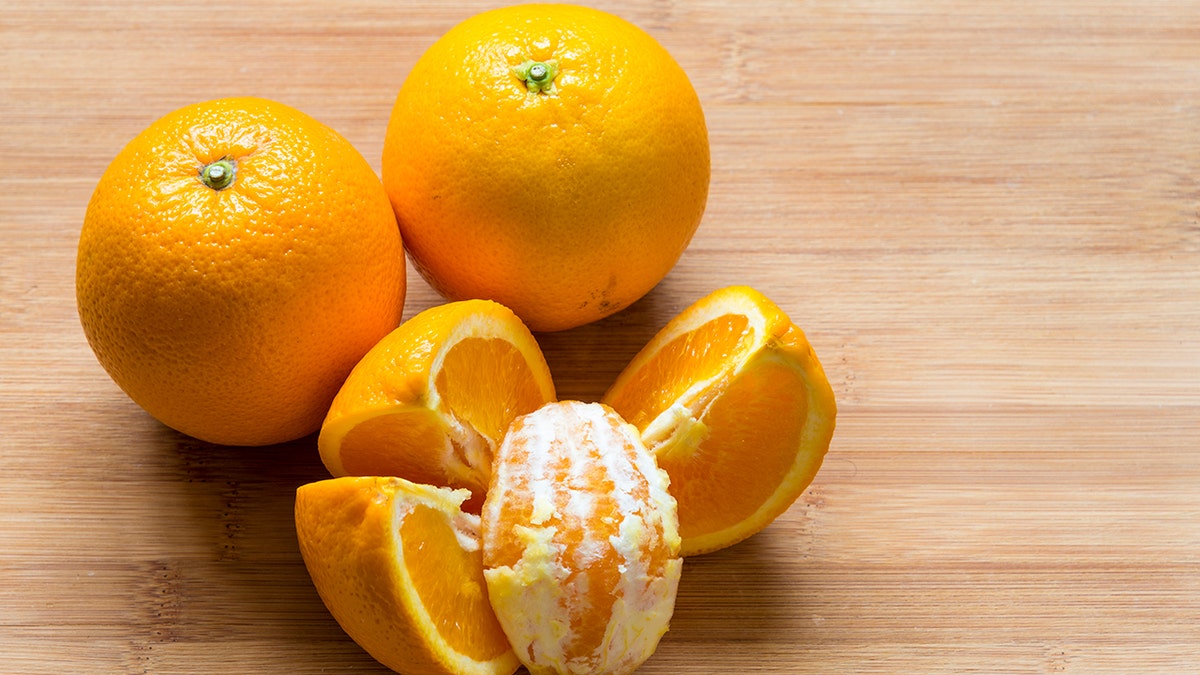
Oranges are a common source of vitamin C. (Roberto Machado Noa/LightRocket via Getty Images)
You can get vitamin C from lots of different citrus fruits, but it is also in a variety of skincare products.
There are many different face masks, serums and moisturizers filled with the vitamin.








































